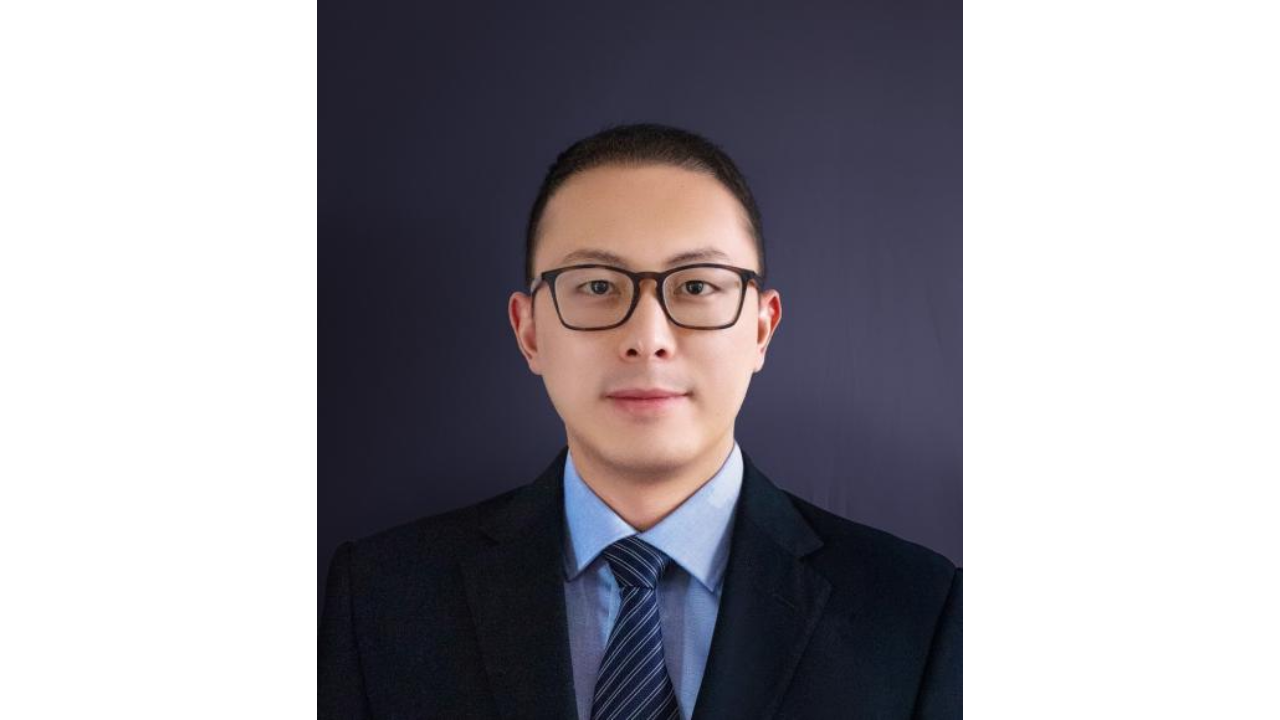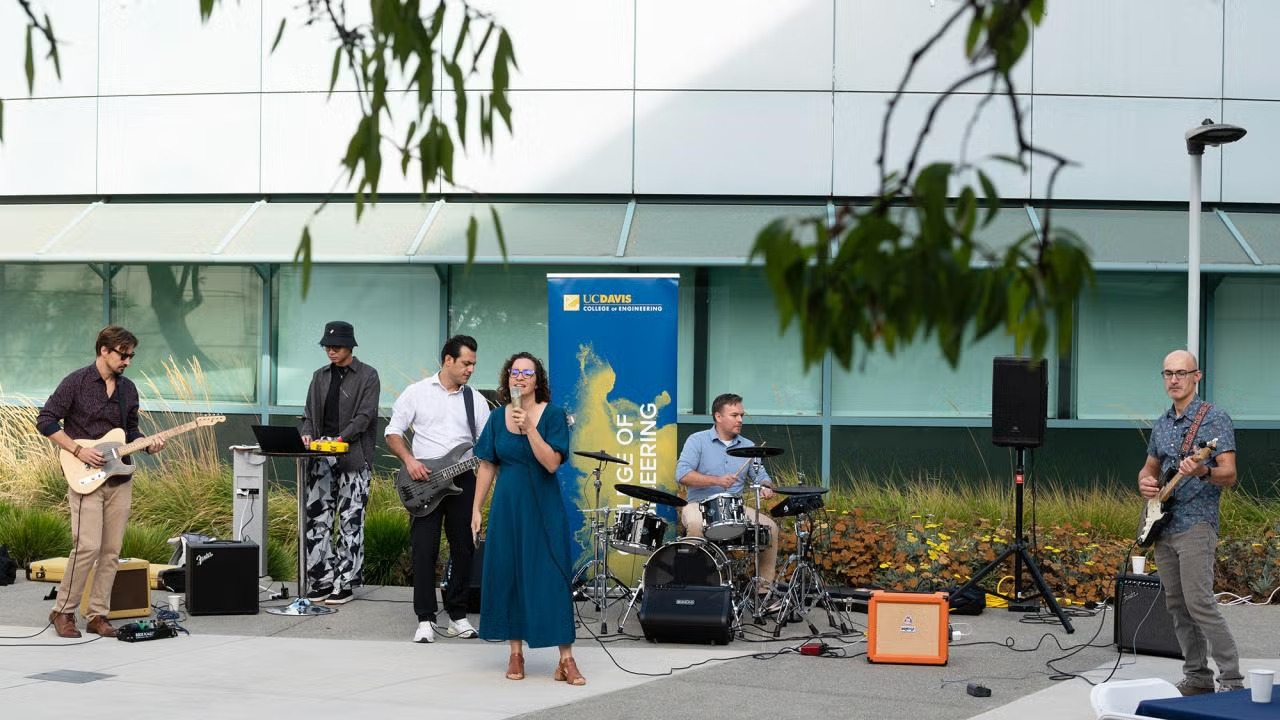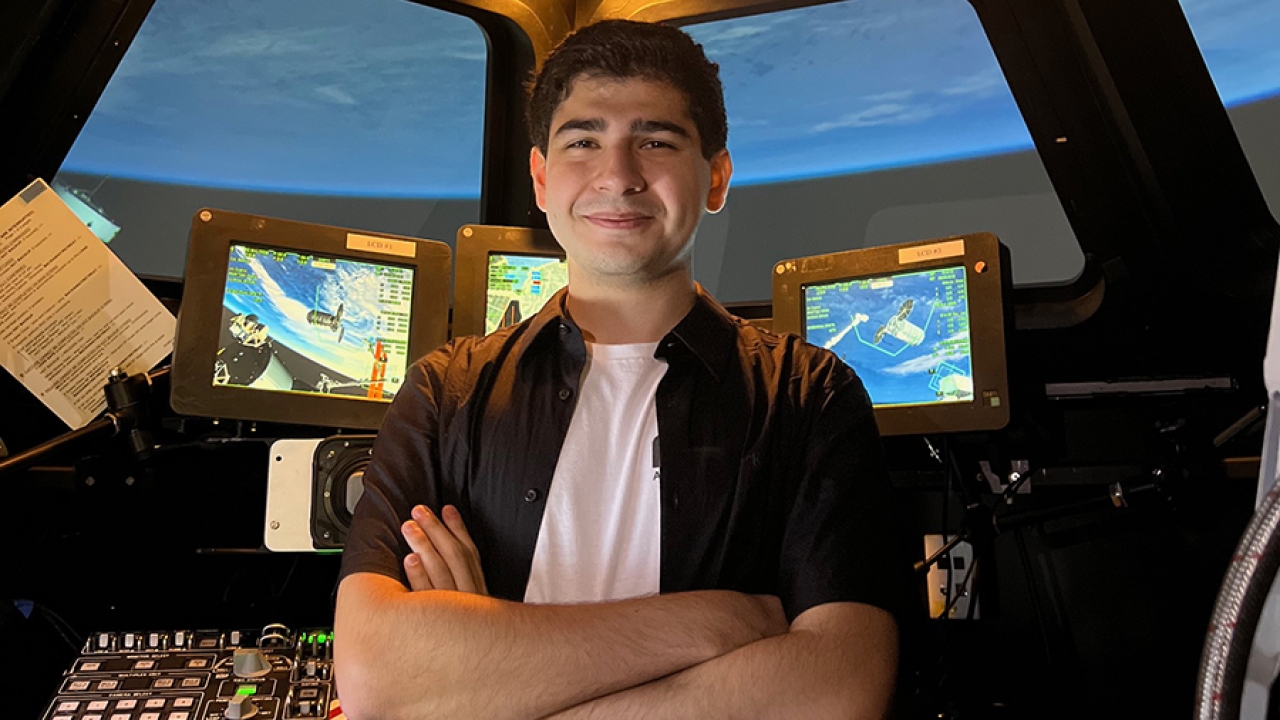
Postdoc Profile: Xiaodong Qian, Ph.D., Institute of Transportation Studies
About ten years ago, Xiaodong Qian realized the urgency and challenges of traffic in his hometown of Wuhan, China.
“All traffic had to go through one intersection near my home in a busy, commercial area. During rush hour, everybody ignored traffic lights, no one kept a safe distance and the intersection was totally congested for about two hours,” he said. At that time, he was an undergraduate student at Tsinghua University and became interested in solving traffic problems. One way to alleviate traffic congestion is to use bicycles.
Qian decided to come to UC Davis for his graduate studies, where he joined Professor Deb Niemeier’s group at the Institute of Transportation Studies. The group focuses on bikesharing, an important part of sustainable transportation systems. Qian was interested in designing bikesharing programs that improve access to jobs and essential services for underserved communities.
His quantitative research showed several barriers for disadvantaged communities to use bikesharing services: a lack of bikeshare stations within walking distances, relative high cost of membership and usage fees, along with unsafe cycling environments. Qian’s research informed private and public stakeholders where to invest (infrastructure, traffic safety) to increase access to bikesharing in underserved populations.
When Qian realized the importance and impact of his research, he decided to continue working on this topic after his Ph.D. in Professor Miguel Jaller’s lab with grant support from the California Department of Transportation. Currently, he investigates the use of dockless and dock-based bikesharing systems in underserved communities. Dockless bikeshare systems are more flexible than dock-based systems, charge lower (sometimes zero) membership fees and have a larger designated service area.
San Francisco has both dock-based and dockless systems, and Qian found dockless systems provided greater availability of bikes for underserved communities than for other communities and attracted more trip demand because of a larger service area and frequent bike redistribution. Electric bikes were especially popular in underserved communities. These results now provide policy insights to local municipalities on proper regulation of dockless bikeshare systems to improve equity.
Life outside the lab
Working and living in a new country can be challenging. “Everything was new for me, and I had no friends or family here. But I didn't feel alone, or worried, or afraid. I just felt very excited,” Qian remembered. Most of Qian’s friends are Chinese, mainly because his roommates are Chinese.
“We can get closer in our relationships because we share the same culture, and we speak the same language. I noticed that many Chinese friends are lonely especially during Chinese holidays, and it is nice to celebrate together. However, you have fewer opportunities to experience American culture like Thanksgiving, or holiday parties. So, you have to find a balance,” he said.
“Students in China and the U.S. are smart and learn fast,” Qian said. But he noticed some differences: American students are more likely to ask questions and speak their mind. “No matter what they don’t understand, they just raise their hand and ask the teacher a question. They even challenge the teacher. When I studied in China ten years ago, students were shy and did not ask questions during class. They tried to understand the problem by themselves.”
Qian also explained the student-faculty ratio in China was higher than in the U.S. (on average), and competition was tough because every year students graduated and joined the job market all at once.
Qian’s hobbies include photography and playing ice hockey. When he was very young, he watched a movie about ice hockey, but didn’t have the opportunity to play in China. Here in the U.S., he purchased the necessary gear and taught himself to play: “A dream came true.”




